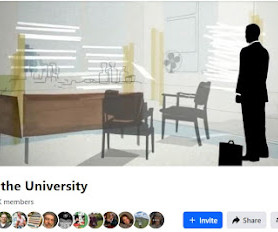Skills England will be a very big deal
Wonkhe
JULY 14, 2024
James Coe and David Kernohan run through what we know and what we can guess about the new post-compulsory arms length body The post Skills England will be a very big deal appeared first on Wonkhe.
















Let's personalize your content